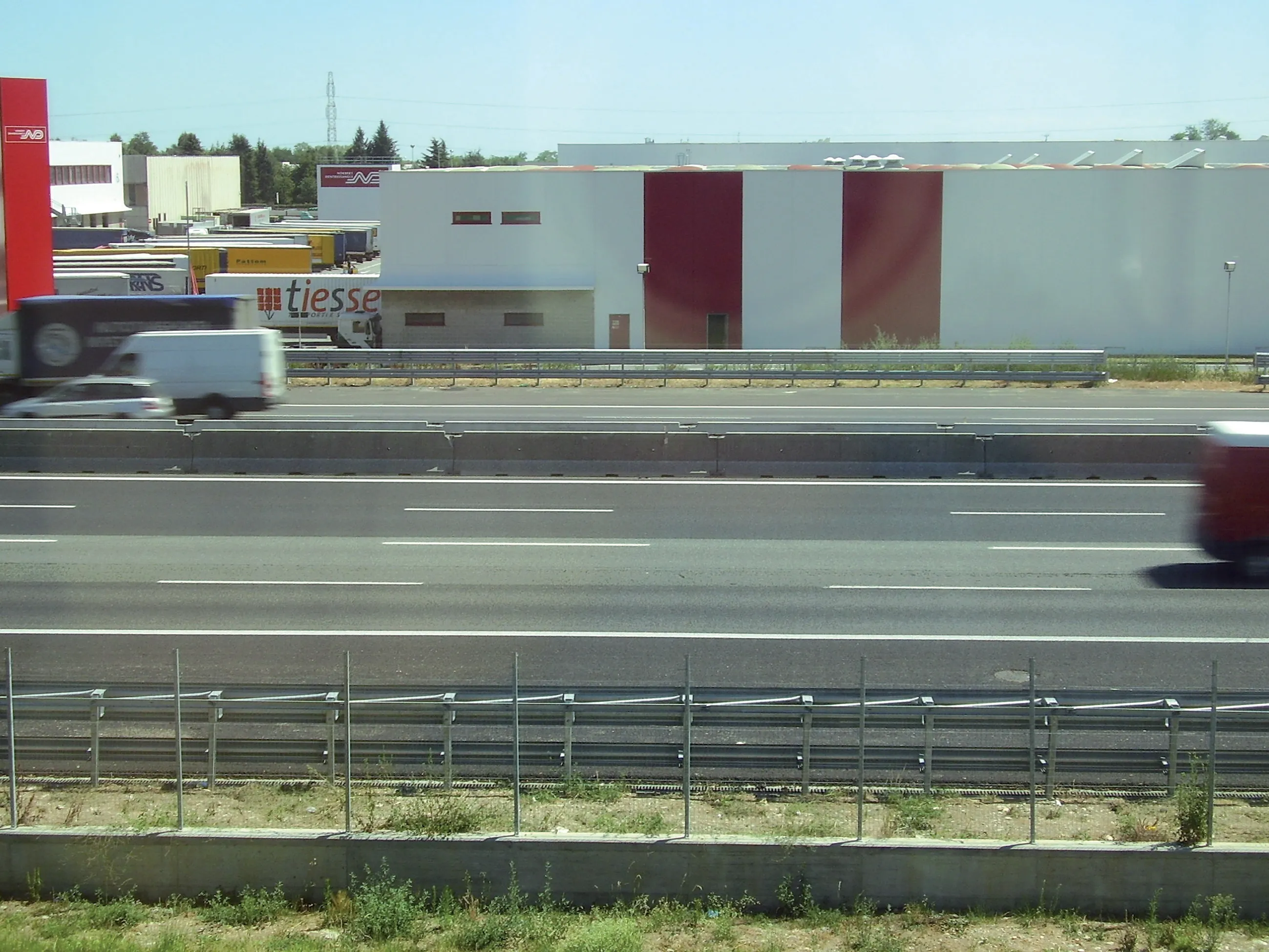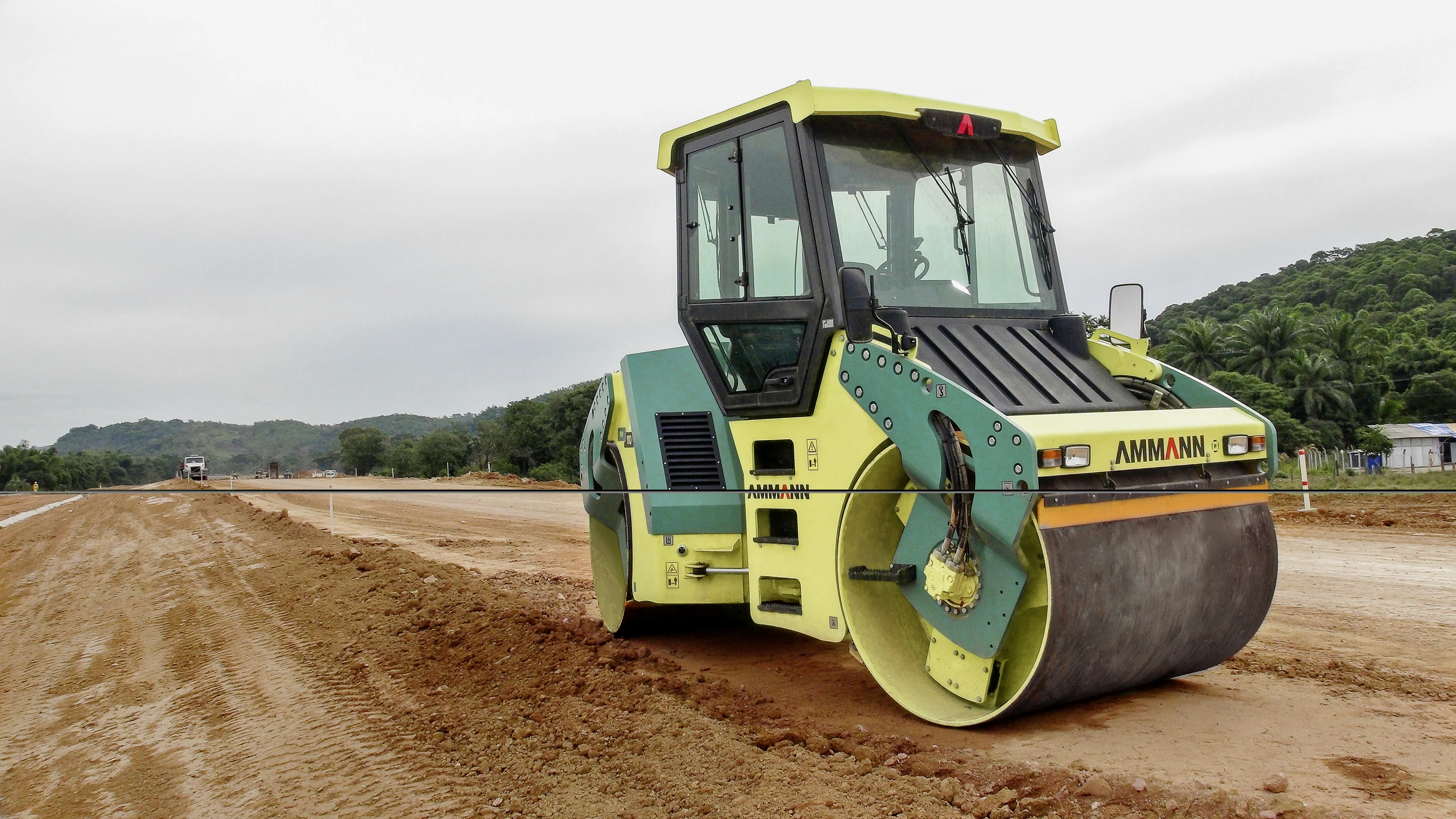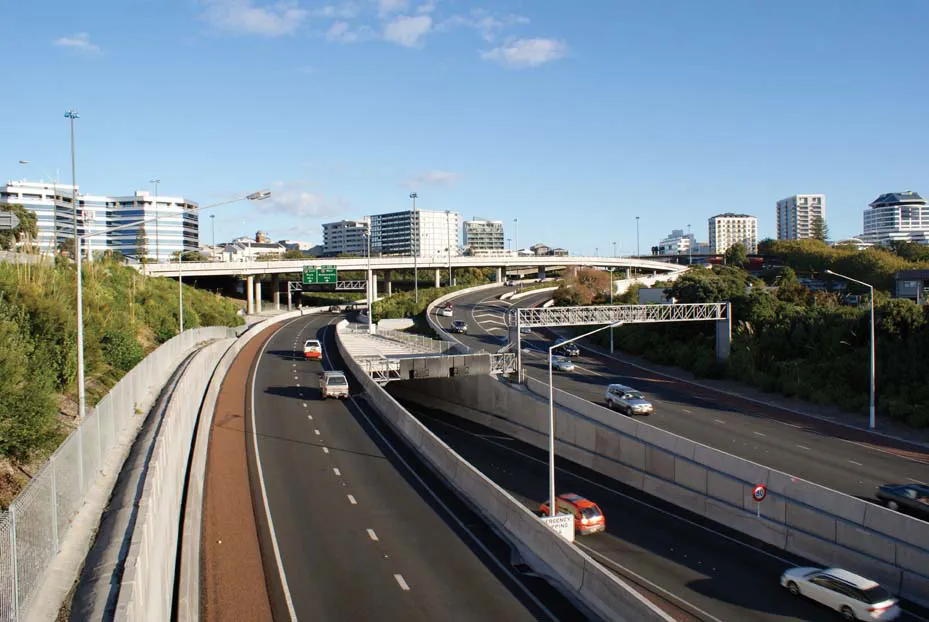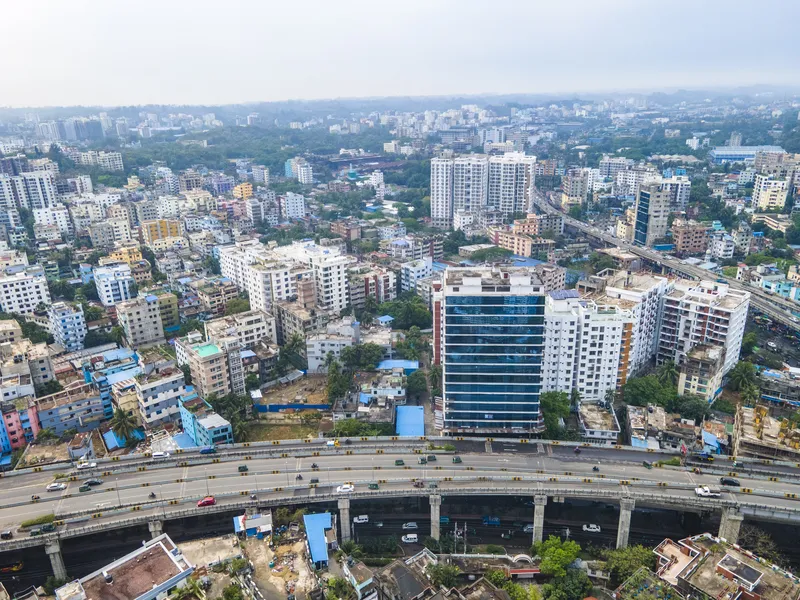Major investment in Kenya’s infrastructure from Japan will help boost the country’s transport connections and develop its economy. One of the key links for Kenya to benefit has been the Nairobi Western Ring Roads Project, which was recently opened to traffic
Named the Cotton Road after a Japanese engineer, this new road will help tackle the Kenyan capital’s endemic congestion problems. Endless traffic jams have become the norm in Nairobi, not only impacting negatively on the health and productivity of r
May 15, 2014
Read time: 3 mins
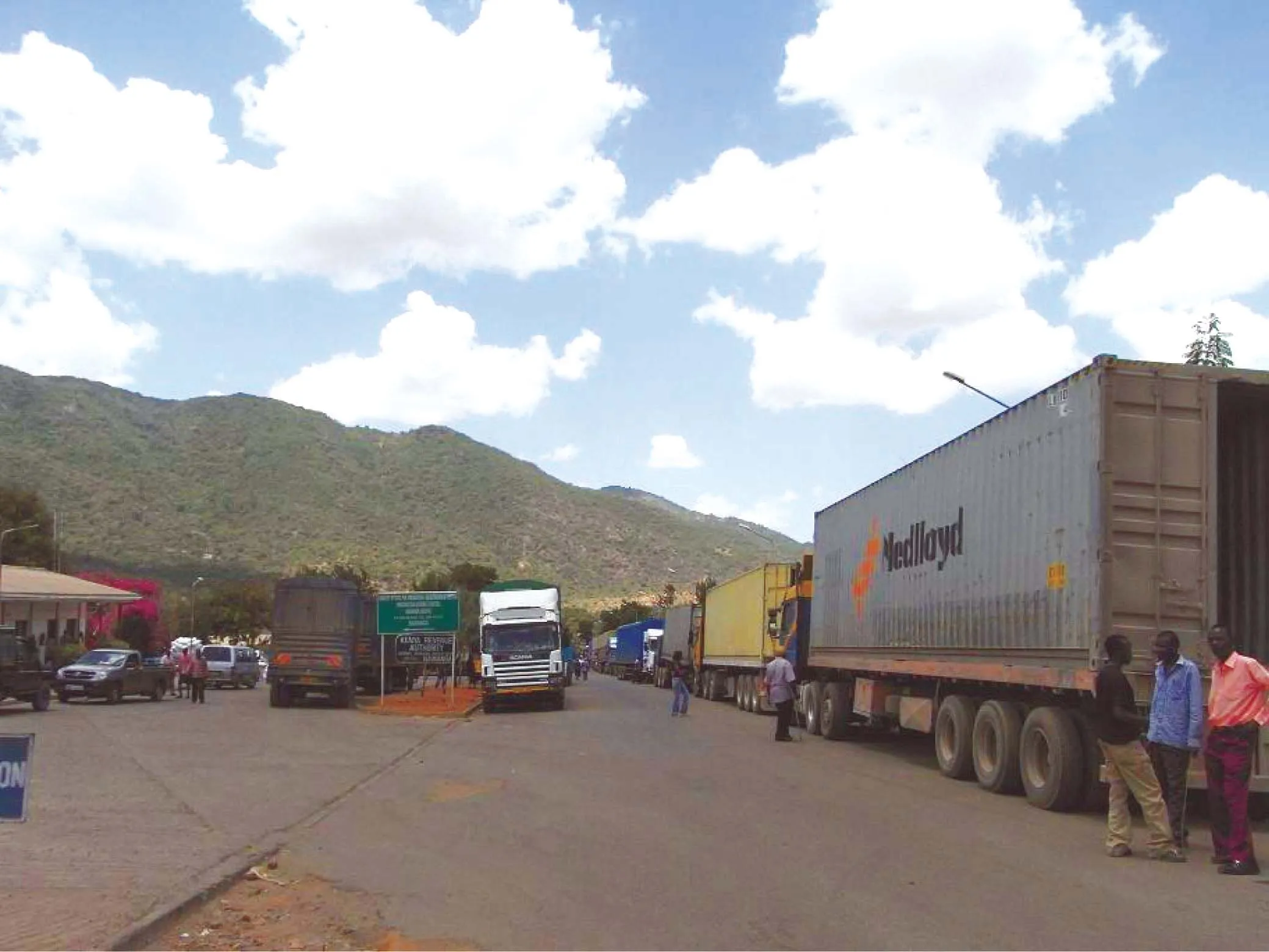
Major investment in Kenya’s infrastructure from Japan will help boost the country’s transport connections and develop its economy. One of the key links for Kenya to benefit has been the Nairobi Western Ring Roads Project, which was recently opened to traffic
Named the Cotton Road after a Japanese engineer, this new road will help tackle the Kenyan capital’s endemic congestion problems. Endless traffic jams have become the norm in Nairobi, not only impacting negatively on the health and productivity of residents, abut also placing a heavy toll on the economy. According to a 20115366 IBM Commuter Pain survey, Nairobi is one of the cities with the world's longest traffic jams, averaging 2.1 hours.
In 2006, the Japanese government, through6706 JICA, assisted in the formulation of the Master Plan for Urban Transport in the Nairobi Metropolitan Area. The Master plan identified a number of priority development projects, one of which was the construction of Nairobi Western Ring Roads. JICA implemented this grant aid project in collaboration with the Ministry of Roads and the 6679 Kenya Urban Roads Authority (KURA). The project was intended to improve accessibility in the city, reduce traffic crashes and save time for non-motorised transport users. The 8.4km project, implemented from 2011-2013, connects several roads in the western part of the city. This has diverted traffic flow away from the main highways and reduced congestion in the Central Business District.
The project was officially commissioned by Mwai Kibaki, former president of Kenya, on behalf of president Uhuru Kenyatta. In appreciation of 50 years' cooperation with Japan, the Nairobi County gave JICA the opportunity to name the new road. The name, Cotton Road, is in memory of the Japanese engineer in charge of the project, Mr Watanuki who died in a crash. Wata means Cotton in Japanese. The road was named after him in memory of his contribution to the project.
One safety feature of the Western Ring Roads is that a dedicated lane for cyclists and pedestrians is provided throughout the length of the roads.
JICA has over the years implemented numerous infrastructure projects across the country. They include the project for dualling of Ngong Road, construction of the second container terminal at the Port of Mombasa, and the Mombasa Port Area Road Development Project. This is a demonstration of Japan's continued commitment to supporting Kenya's economic growth by aiding the convenient movement of people and goods.
Other JICA projects include improving road maintenance procedures and also the project for dualling of the Nairobi-Dagoreti corner road, the construction of the Nairobi missing road links and a programme of improvement of the regional transport infrastructure.
Named the Cotton Road after a Japanese engineer, this new road will help tackle the Kenyan capital’s endemic congestion problems. Endless traffic jams have become the norm in Nairobi, not only impacting negatively on the health and productivity of residents, abut also placing a heavy toll on the economy. According to a 2011
In 2006, the Japanese government, through
The project was officially commissioned by Mwai Kibaki, former president of Kenya, on behalf of president Uhuru Kenyatta. In appreciation of 50 years' cooperation with Japan, the Nairobi County gave JICA the opportunity to name the new road. The name, Cotton Road, is in memory of the Japanese engineer in charge of the project, Mr Watanuki who died in a crash. Wata means Cotton in Japanese. The road was named after him in memory of his contribution to the project.
One safety feature of the Western Ring Roads is that a dedicated lane for cyclists and pedestrians is provided throughout the length of the roads.
JICA has over the years implemented numerous infrastructure projects across the country. They include the project for dualling of Ngong Road, construction of the second container terminal at the Port of Mombasa, and the Mombasa Port Area Road Development Project. This is a demonstration of Japan's continued commitment to supporting Kenya's economic growth by aiding the convenient movement of people and goods.
Other JICA projects include improving road maintenance procedures and also the project for dualling of the Nairobi-Dagoreti corner road, the construction of the Nairobi missing road links and a programme of improvement of the regional transport infrastructure.


